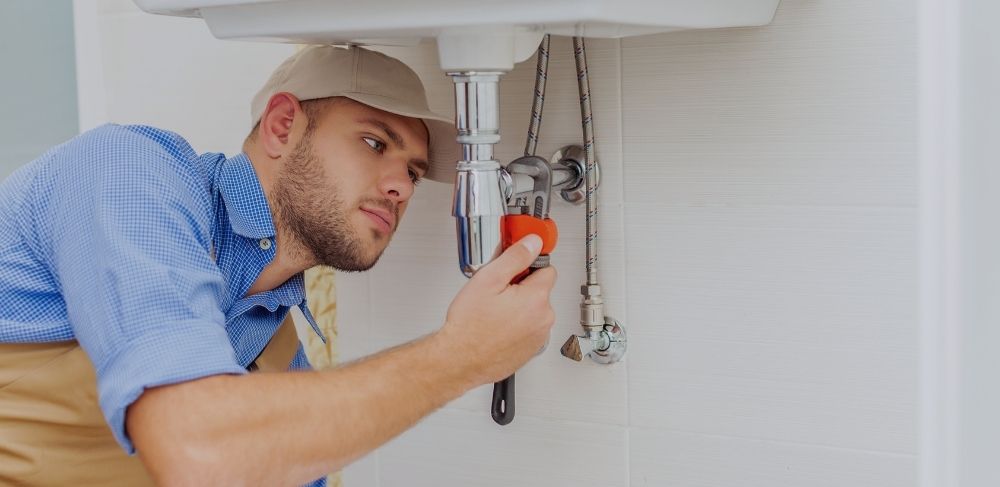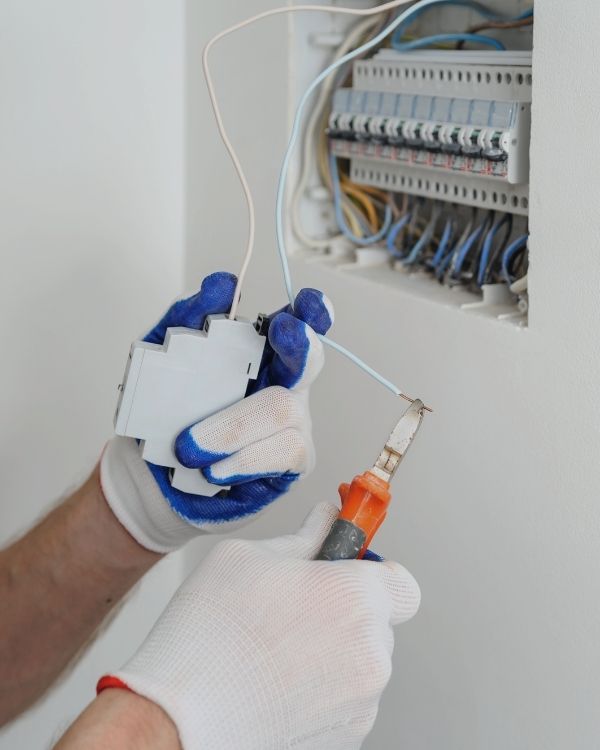Top 7 Deal Breakers When Buying a Home
Have you ever been offered an amazing deal on a home only to find out afterwards that the house had a whole load of issues? It is frustrating when this happens because buyer’s remorse sets in quickly. A home inspection in advance can reveal hidden issues with your dream house. Problems that show up on the report might make you reconsider your decision and leave you in for another round of house hunting!
The flaws in your desired home may be bigger than you think. They might not look like an issue at first, but they could end up costing money and affecting the value of your property over time if left unchecked. So, before submitting your offer, make sure there aren’t any hidden issues with the property by double-checking these important things first!
Here is a list of what you should check.

1. Plumbing
To avoid having a bad experience with your new home, it is significant that you check out all the plumbing in advance. You don’t want any leaks or bursting pipes!
If the plumbing system is bad, your new home might be at risk of flooding. Severely corroded pipes that have not been maintained properly can cause major problems for homeowners, including expensive repairs or even structural damage like foundation settlement (when the ground beneath a house sinks).
A good plumber will be able to tell whether there are any leaks, and if so where they are in relation to things like sinks or drains fixtures on walls or near windows. This may cause water seepage into ceilings above and below.
Old or aging septic tanks may also be a deal-breaker. It’s important to check out the age of your septic tank and have an inspector evaluate it. The newer they are the less work needs to be done.
If you can afford to repair plumbing problems, great. Otherwise, look for a home with newer plumbing systems or see if the homeowner is willing to pay for the repairs before you purchase the property.
2. Roof repairs or replacement
The roof of your home is one of the areas that should get regular attention. A good, well-maintained roof can provide protection and help maintain the structural integrity of your home!
It is a vital part of your home, and if it is not working properly, you can face some serious consequences. An inspector will check for missing shingles or signs that water has caused damage to the material underneath. He should also be able to give you an estimate on how much longer the current roof lasts before it needs replacement.
The average lifespan for a roof is about 20-30 years. If you want yours to last even longer, make sure it is installed by professionals and contains only high-quality materials!

3. Old electrical systems
If you have an old or poorly installed electrical system, it could become a fire hazard. Thus, it would possibly cost less to replace rather than fix it. If you want to have the old electrical systems removed and rewire your property this can cost several thousand dollars, depending on the size of your home and how much work is needed.

4. The neighborhood
The neighborhood where your desired home is located can have a significant impact on the value of your property. A good rule-of-thumb is to buy in an area with high property values, low crime rates and little traffic. It could be a real deal breaker if the area has homes which are declining in value – or the neighborhood has become noisy, trashy, or even dangerous.
5. Low appraisal value
You might be paying too much for your home if the appraisal comes back with a low number. But don’t worry if it comes back just a little lower or higher. There are many factors that go into determining how much your home is worth, including the condition of the house itself and recent sale prices for comparable homes nearby.
Appraisals can be highly subjective depending on who is doing it. But an appraisal that is a long way off from your offered price should raise some serious red flags!
6. Beware of flood zones
Flood zones are considered a tricky area. Flooding can happen to anyone, even if you’re far away from a beach or river. If you are looking to buy property in this region, make sure that it’s not located near areas that are prone or have experienced flooding before!
Flooding is a very dangerous and unpredictable natural disaster that can strike at any time. A high-risk flood zone means you are more likely to experience expensive insurance rates as well as difficulty finding someone willing or able to buy your home afterwards, which could make selling it extremely difficult in the future!
7. Check previous repairs and renovations
Do you know the history of your dream home before buying it? A dream home is something that every person wants. You might be on the lookout for a house or an apartment, but don’t forget to research properly and find out what kind of maintenance history your potential new home has!
Make sure to ask about any renovations or repairs that were done. For example, find out if repairs or renovations were done by licensed professionals and the reason for those repairs.
Conclusion: Deal breakers or minor inconveniences? It is all up to you
When you are looking for a home, it can be tempting to look at properties with the best features and the lowest price. The toughest part about buying real estate is deciding which issues are actual deal breakers or just minor inconveniences – so take some time to think about that, and of course use this list that we created to give you the insight in what you should avoid while searching for your new dream home!





